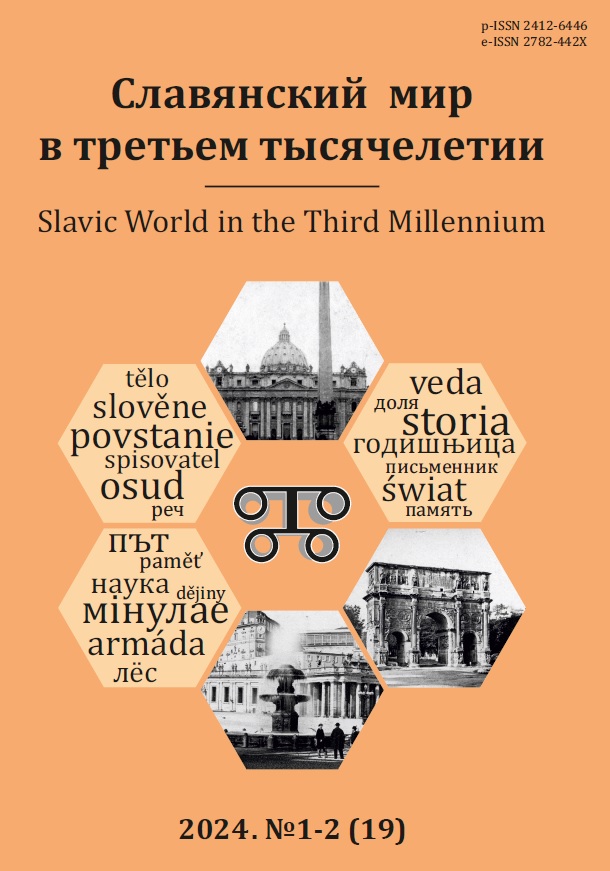Count Joseph Keglevich in Elizabethan Russia: Behind the History of Postal Censorship
DOI:
https://doi.org/10.31168/2412-6446.2024.19.1-2.01Keywords:
Aristocracy, loyalty, diplomatic career, eighteenth century, Russian-Austrian relationsAbstract
This article analyses the circumstances that contributed to advances in the careers of the Hungarian noble family Keglevich, their incorporation into the Viennese court elite and the consolidation of their position within the ranks of the Hungarian aristocracy. Joseph Keglevich, who began his service as a gentleman of the embassy in Madrid and St. Petersburg and on his return took up important and honourable positions at court and in the Kingdom of Hungary, is particularly paradigmatic in this respect. The early stages of his career, especially the six years in the Russian capital, are practically not covered in either Russian or Hungarian historiography. The article utilises the example of his career to examine the status and duties of the gentlemen of the embassy in St. Petersburg and to show the causes and consequences of possible ceremonial confl icts between the Russian authorities and diplomatic missions. To reconstruct the events of this period in the life of the young aristocrat, documents from the funds of the Archive of Foreign Policy of the Russian Empire, diplomatic correspondence of Ambassador Nikolaus Esterházy, information from Kammerfurier-journals, and so forth are used. The Supplement contains a translation of the letter of the younger brother, Sigismund Keglevich, seized from a Capuchin missionary and deposited in the fonds of the Archives ― a vivid example of family correspondence of aristocrats in the eighteenth century (the original in Hungarian was lost). It is concluded that in the second half of the century, similarly to the reign of Charles VI, the diplomatic service remained the most important sphere of effort for the “economy of honour” (Andreas Pečar’s term) of Viennese court society and ensured strong positions in the subsequent stages of service.
Funding
The study was supported by a grant from the Russian Science Foundation № 24-28-01067, https://rscf.ru/project/24-28-01067/, project “Loyalty and patriotism in the polyethnic society: processes of indoctrination in the Habsburg Empire from the second half of the eighteenth to the early twentieth centuries”.
Received 30 May 2024
Revised 10 June 2024
Accepted 15 June 2024
For citation: Khavanova, O.V., 2024. Count Joseph Keglevich in Elizabethan Russia: behind the history of postal censorship. Slavic World in the Third Millennium, 19 (1–2), pp. 9–24. https://doi.org/10.31168/2412-6446.2024.19.1-2.01



